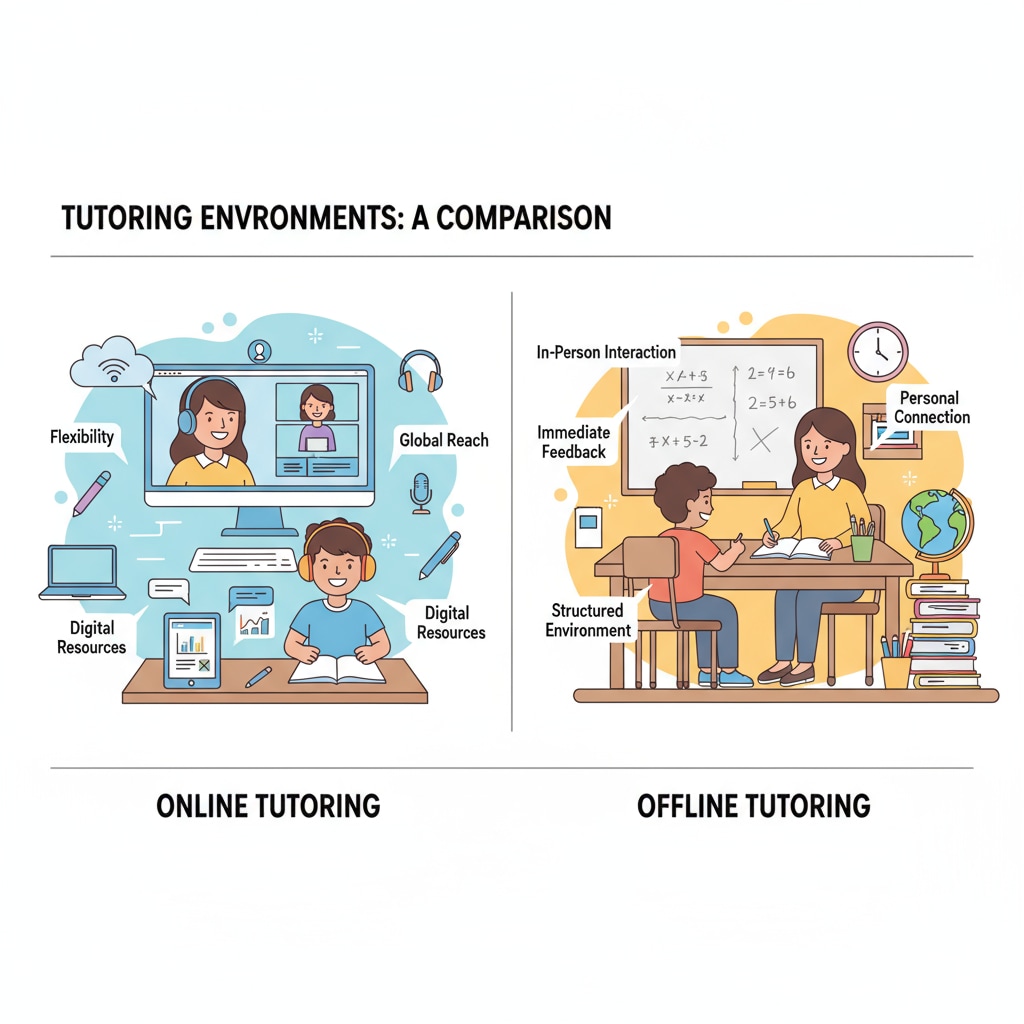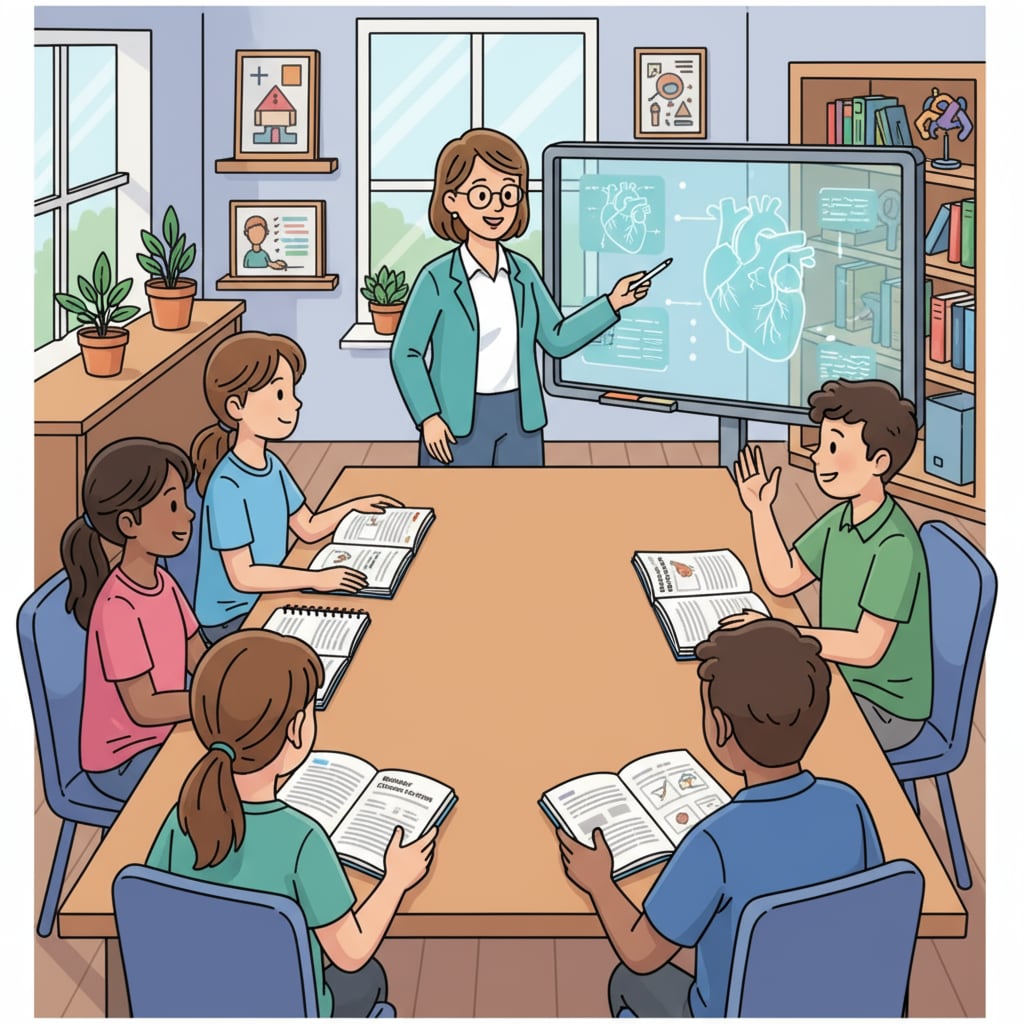In the realm of K-12 education, the issue of parental trust in online and offline tutoring has become a focal point. Parents often find themselves weighing the pros and cons of these two options, with trust being a significant factor. This article aims to explore the differences in parental trust between online and offline K-12 tutors, analyze the influencing factors, and propose strategies for online education platforms to enhance trust.

The Trust Divide: Online vs Offline Tutoring
Many parents tend to place more trust in offline K-12 tutors. One of the main reasons is the in-person interaction. Offline tutoring allows parents to physically see the tutor and the learning environment. For example, they can visit the tutoring center, observe the teaching facilities, and get a sense of the overall atmosphere. This tangible experience gives parents a greater sense of security. In contrast, online tutoring is often conducted in a virtual space, which can seem less concrete and more uncertain to some parents. Parent trust in education on Education.com

Factors Influencing Parental Trust
There are several factors that contribute to parental trust in tutors. Firstly, the tutor’s qualifications and experience matter a great deal. Parents are more likely to trust a tutor with a proven track record and relevant educational background. Secondly, the communication channels available also play a role. In offline tutoring, face-to-face communication is immediate and personal. Parents can easily have a conversation with the tutor about their child’s progress. In online tutoring, while communication tools like video calls are available, it may not feel as personal or reliable to some parents. Additionally, the reputation of the tutoring service, whether online or offline, can significantly impact parental trust. Education overview on Britannica
Another aspect is the perceived ability of the tutor to handle the unique needs of each student. Offline tutors can often provide more individualized attention as they are physically present with the student. They can quickly adapt to the student’s learning pace and adjust their teaching methods accordingly. Online tutors may face challenges in fully understanding the student’s non-verbal cues and providing the same level of personalized support.
Readability guidance: As we can see, these factors create a complex web that influences parental trust. By understanding them, we can better address the issue. In the next section, we will look at how online education platforms can work to bridge this trust gap.
Strategies for Online Education Platforms to Boost Trust
Online education platforms can take several steps to enhance parental trust. Firstly, they should focus on building a strong reputation. This can be achieved by providing high-quality tutoring services, gathering positive reviews from parents and students, and being transparent about their operations. Secondly, improving the communication channels is crucial. Platforms can offer more personalized communication options, such as dedicated parent-tutor meetings and regular progress reports. Thirdly, they can invest in training their online tutors to better understand and meet the needs of students in a virtual environment. This includes teaching them how to read non-verbal cues through video calls and provide effective individualized support.
In conclusion, while there is a current difference in parental trust between online and offline K-12 tutors, online education platforms have the potential to bridge this gap. By addressing the factors that influence trust and implementing effective strategies, they can gain more parental confidence and play an even more significant role in K-12 education.


